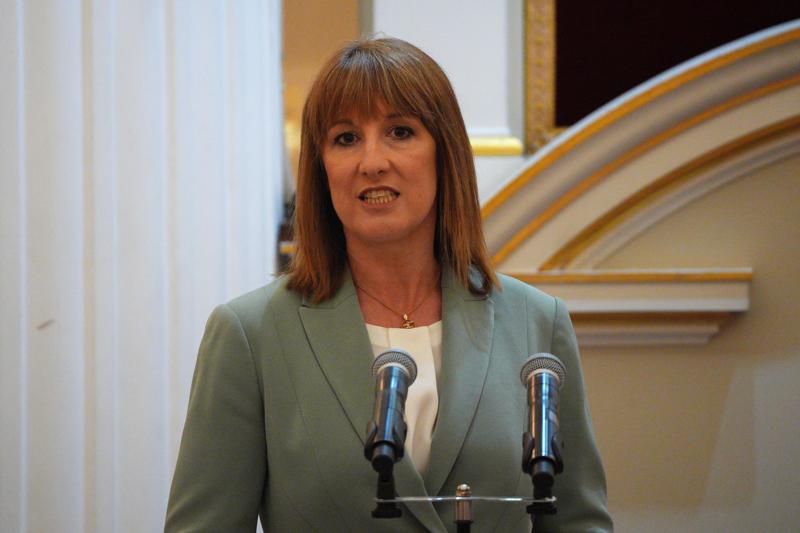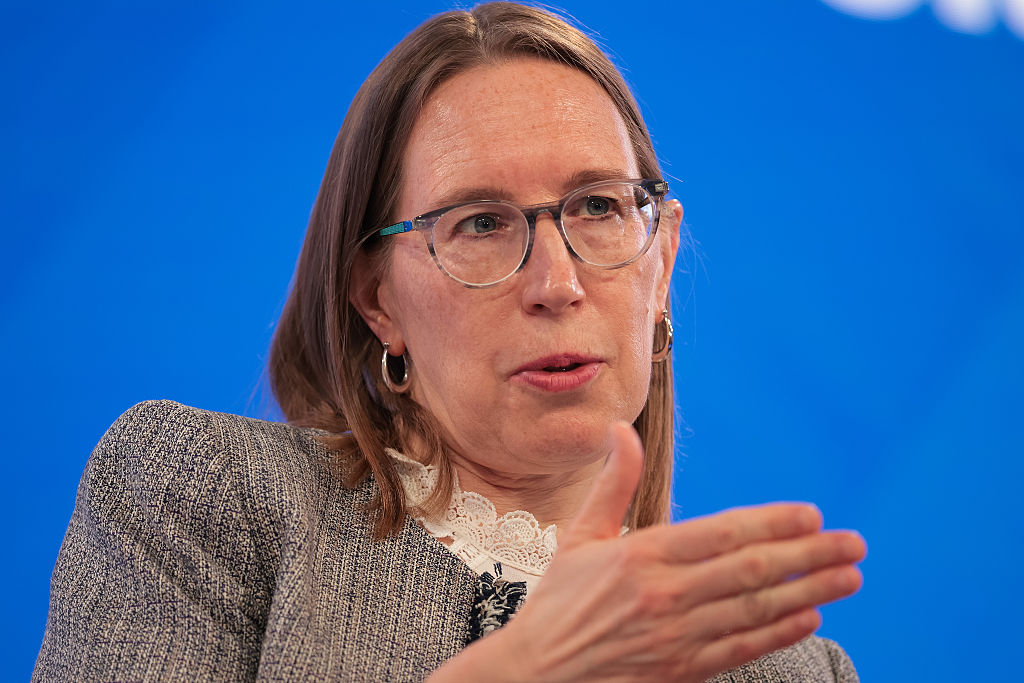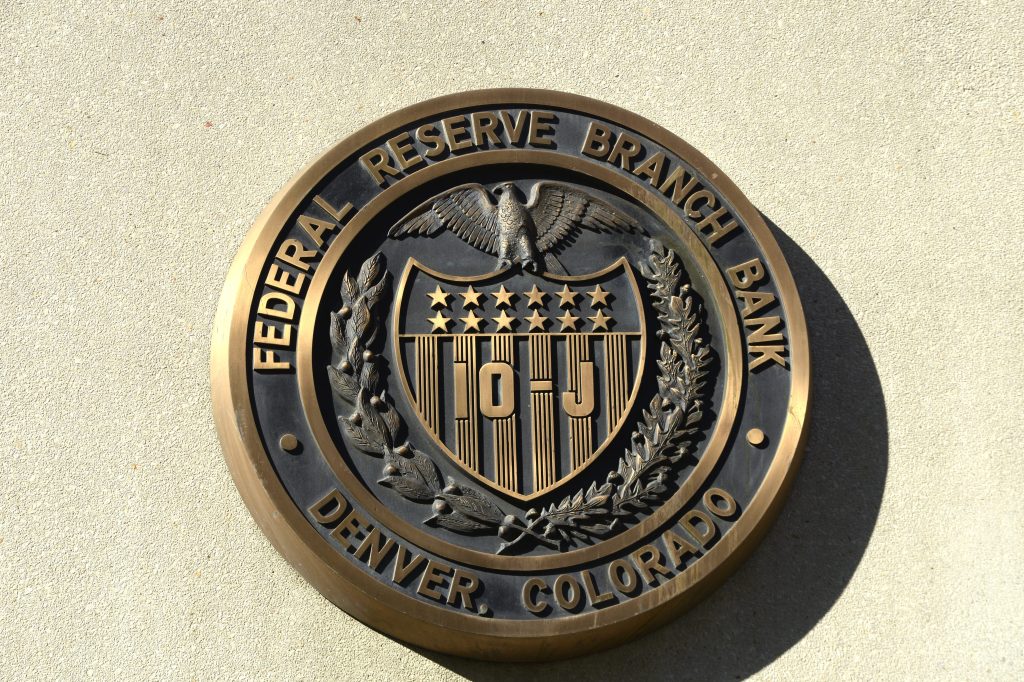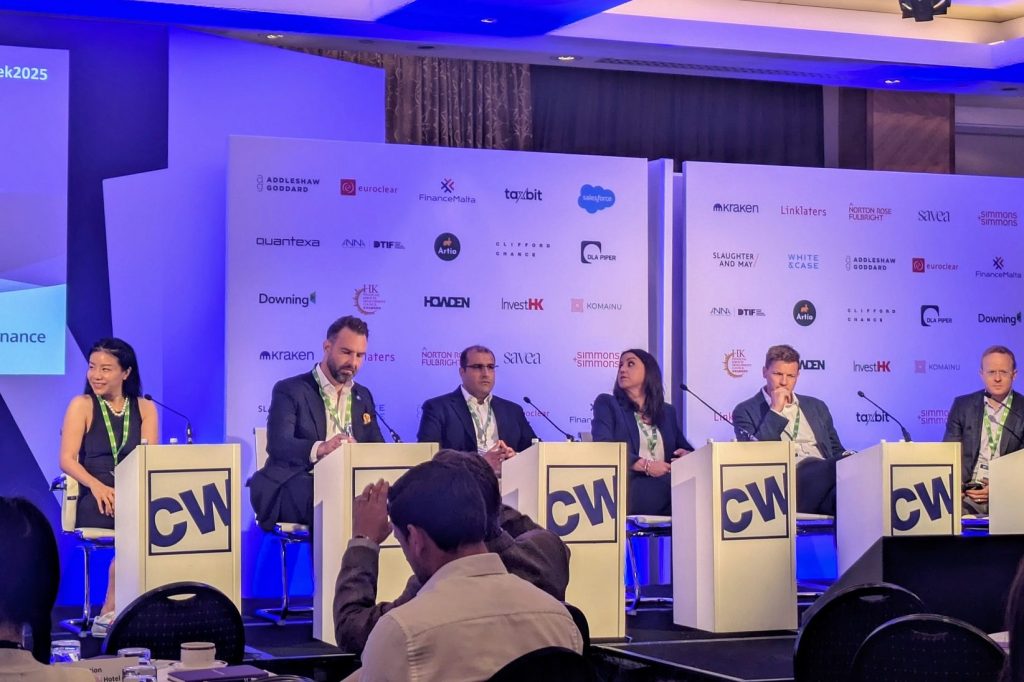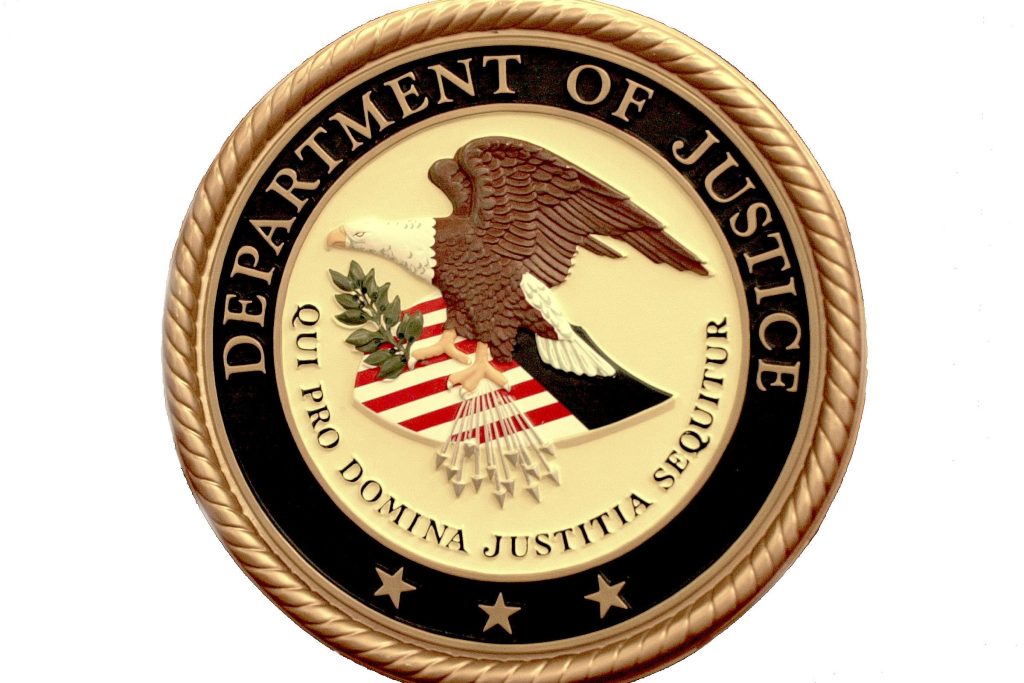The US Department of Justice’s (DOJ’s) Criminal Fraud Section released its annual Year in Review Report, summarizing its accomplishments in 2023.
The Fraud Section comprises more than 150 attorneys and investigates and prosecutes a variety of complex fraud, market manipulation, health care fraud, and Foreign Corrupt Practices Act (FCPA) violations across the United States. It is also a leader of the DOJ’s corporate enforcement efforts through its exclusive focus on white-collar criminal conduct, its primary jurisdiction over FCPA prosecutions, and its substantial role in the design and implementation of DOJ corporate enforcement policies.
For all of these reasons, reports from the Fraud Section can be viewed as illustrative of the DOJ’s focus points within the corporate criminal enforcement arena.
Key takeouts
Highlights of the Fraud Section’s work in 2023 include:
- In keeping with the focus on holding individual gatekeepers to account for wrongdoing, about a quarter of the individuals charged in 2023 were executives (23), lawyers (two), or medical professionals (38).
- In its corporate resolutions, the DOJ assessed total global monetary amounts of more than $689.5m overall and more than $657.5m in just FCPA actions alone.
- DOJ placed companies under compliance obligations as part of their corporate resolutions – 27 of them under the self-reporting variety, and eight of them requiring the appointment of an independent monitor.
- The Health Care Fraud (HFC) Unit was incredibly busy in numbers second only to 2022, with the HFC Unit charging cases involving over $3.83 billion in healthcare fraud. The number of trials in 2022 and 2023 was more than in the previous four years combined in that unit.
- The Fraud Section spearheaded the DOJ’s effort to combat fraud in connection with the Paycheck Protection Program and the Coronavirus Aid, Relief, and Economic Security Act, leading to more than 250 individuals being charged and associated losses in excess of $89m.
DOJ and global anti-corruption bodies
The Fraud Section has taken a leading role in the OECD Working Group on Bribery’s Law Enforcement Officials (LEO) Group meetings, where prosecutors discuss best practices with law enforcement authorities from around the world, with the the chief of the Corporate Enforcement Compliance & Policy Unit currently serving as the Chair of the LEO Group.
Results show how the Fraud Section is going from having a more punitive tone in its corporate enforcement messaging to one that offers quantifiable benefits to companies evaluating whether to self-report potential misconduct
The CECP Unit also collaborates with UK enforcement authorities, maintaining a detailed a prosecutor to the UK’s Serious Fraud Office and Financial Conduct Authority to further develop and expand the collaboration and cooperation between those agencies and the DOJ.
Data analytics
Over the past several years, the Fraud Section has used algorithms to identify outliers, trends, and patterns indicative of fraud in Medicare and Medicaid spending and of wrongdoing in other government spending programs. In the securities context, it has developed advanced capabilities to assess equity trading patterns and media traffic for indicators of insider trading, spoofing and other types of market manipulation.
The Section continues to invest in its data analytics capabilities, including building data assets that learn from past investigations, incorporating data and knowledge from across the DOJ, and creating predictive analytics.
GRIP comment
The Fraud Section’s results highlight how it is continuing a trend from 2022 to go from from a largely confrontational and punitive tone in its corporate enforcement messaging to one that offers more clear and quantifiable benefits to companies evaluating whether to self-report potential misconduct and cooperate with the DOJ’s investigative efforts.
The last two years have seen ample policy adjustments and speeches highlighting this emphasis and trying to shed light on some unclear concepts. So more businesses are incentivized to self-report, cooperate and remediate compliance lapses in a timely manner.
The DOJ’s 2024 results also show a continuing effort to ramp up corporate criminal investigations and prosecutions of individuals and a continued keen focus on FCPA cases, the latter with a focus on individuals (again) and with the assistance of international enforcement partners. A new law drafted by a bipartisan group of US congressional members – the Foreign Extortion Prevention Act – makes accepting or soliciting bribes from US entities a criminal offence for foreign officials, and it should add impetus to the DOJ’s resolve to prosecute more individuals in this arena.
The data analytics area of the Fraud Section continues to be a priority in terms of resource allocation, and use of these tools for investigative purposes has been cited in case decisions by other agencies like the SEC.
The DOJ’s expectation of businesses is that they too are allocating reasonable analytics – to monitor, detect, prevent, mitigate and report on instances of misconduct and other infractions in real time and with more context than ever.






